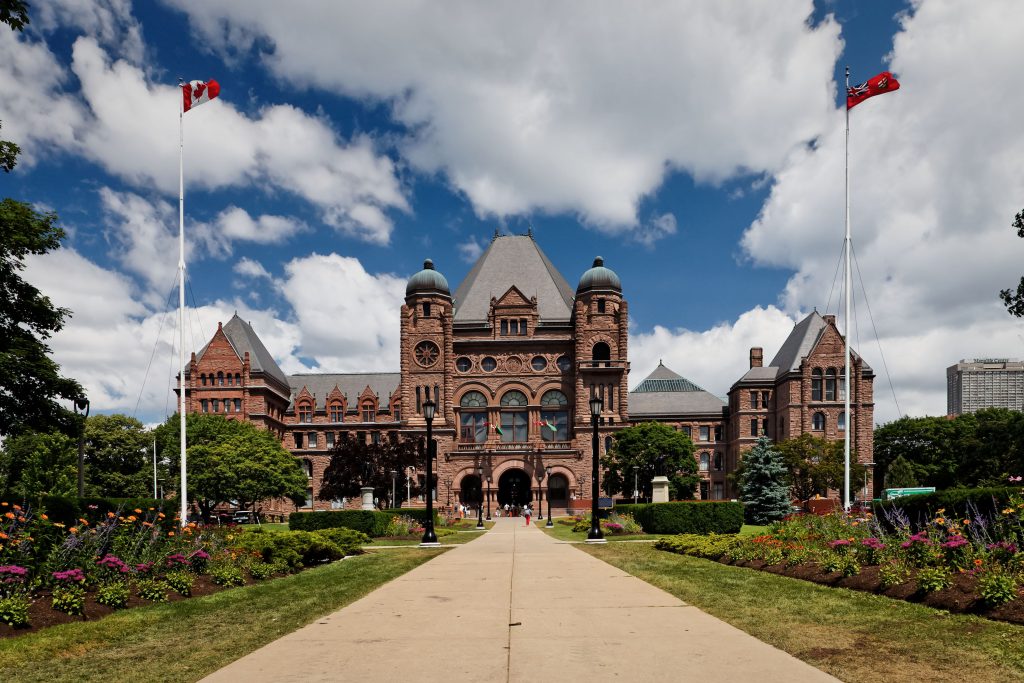Under the new changes to the Ontario Student Assistance Program (OSAP), tuition for students attending universities in the province will be reduced by 10 per cent. But the amount of available grant money is decreased along with the household income level to qualify for those grants.
Students can also no longer claim they’re independent from their parents until they have lived on their own for six years. That’s a change from the current time period of four years.
Students at the University of New Brunswick are recalculating their financial plans after the policy announcement by Ford in late January.
Kristian D’Amore, a fourth-year kinesiology student from Mississauga, Ont., said he is afraid his family will no longer be able to receive financial aid.
“I am worried about the amount of OSAP funding, if any, I will be able to access for a masters or graduate degree down the road,” D’Amore said.
“The changes that were made to OSAP did not come as a total surprise to me,” said Will Burmeister, an engineering student from Milton, Ont. “Doug Ford was very vocal about the state of the finances of the Ontario government when he was running for Premier and since he won, I did expect big changes.”
Changes to OSAP also include eliminating the free tuition guarantee for families who earn under $50,000 per year.
“More than 200,000 Ontario students have relied on the free tuition program for low-income,” D’Amore said. “This is an incredible cut for young Ontarians who are in search of an education and better life.”
Doug Ford also announced OSAP will be abolishing the interest-free grace period on student loans after graduation, which has stressed many students.

“This is possibly the scariest change,” said D’Amore, “as it forces students to find a job immediately and start paying back their loans instead of allowing them to find their feet after graduation.”
The UNB Student Union has signed onto a national letter voicing disappointment with the Ontario government’s decision.
“These changes raise serious concerns and red flags for students and their families. We firmly believe it lacked proper consultation with students and was a step backwards for the province of Ontario,” reads a statement from the union.
Shelley Clayton, the UNB director of financial aid, said no students have approached the office with issues regarding the change.
“I personally believe concerns will be expressed more by students as the summer and upcoming academic year approaches,” Clayton said.
How will these changes influence Ontario residents who are currently attending or plan to attend UNB?
“While some students will weather the financial reduction, I am concerned that the reduction will affect our most vulnerable groups such as low-income students, newcomers, students with permanent disabilities, single parents and Aboriginal students,” Clayton said.
Some students say these changes may deter many people from obtaining post-secondary education in the future; others simply see the consequence as a larger financial burden.
“The OSAP program is still going to help thousands and thousands of students pay for their education and achieve their goals. These changes will increase the debt these students face upon graduating, but I do not believe that the burden of these changes will be unsurmountable,” Burmeister said.




